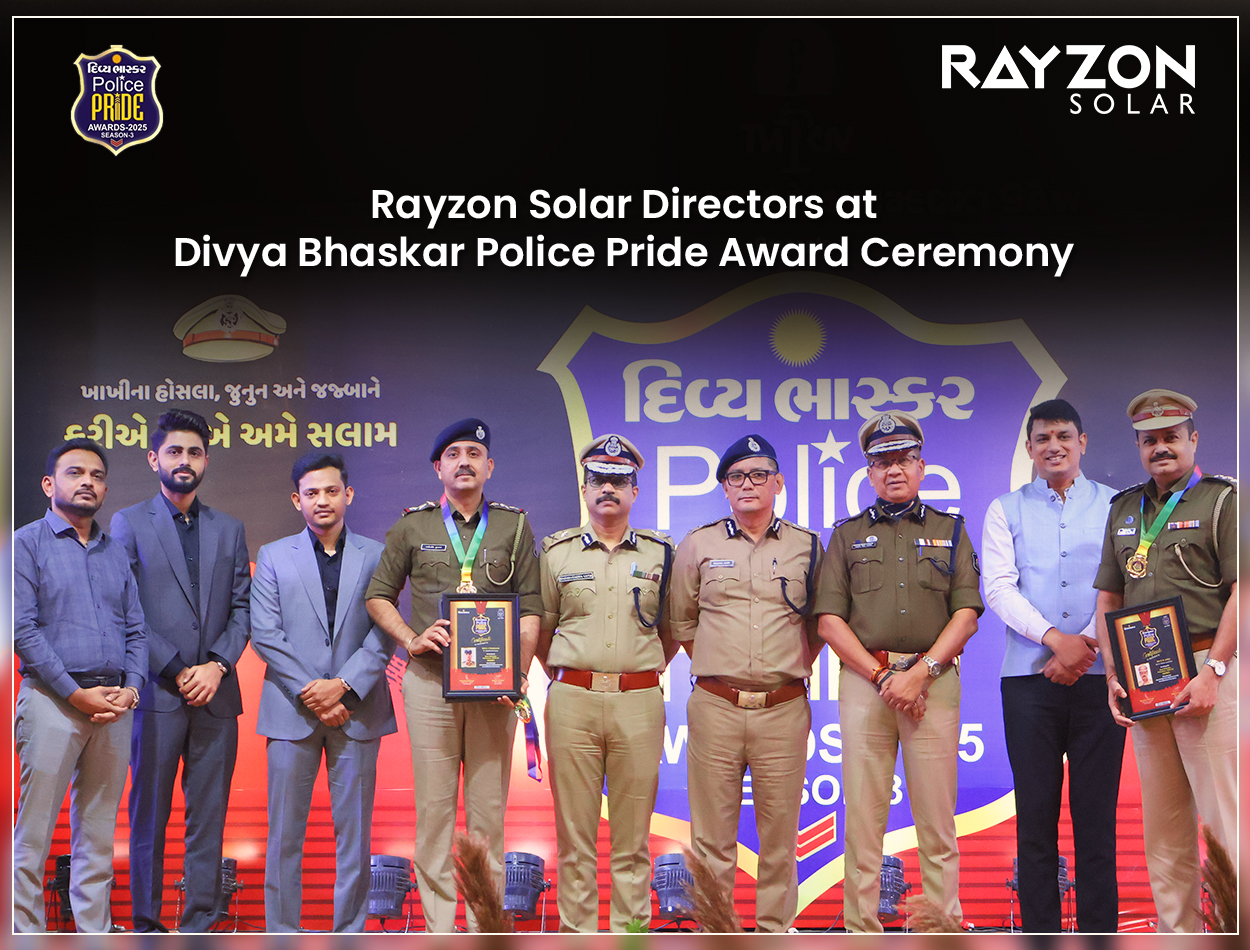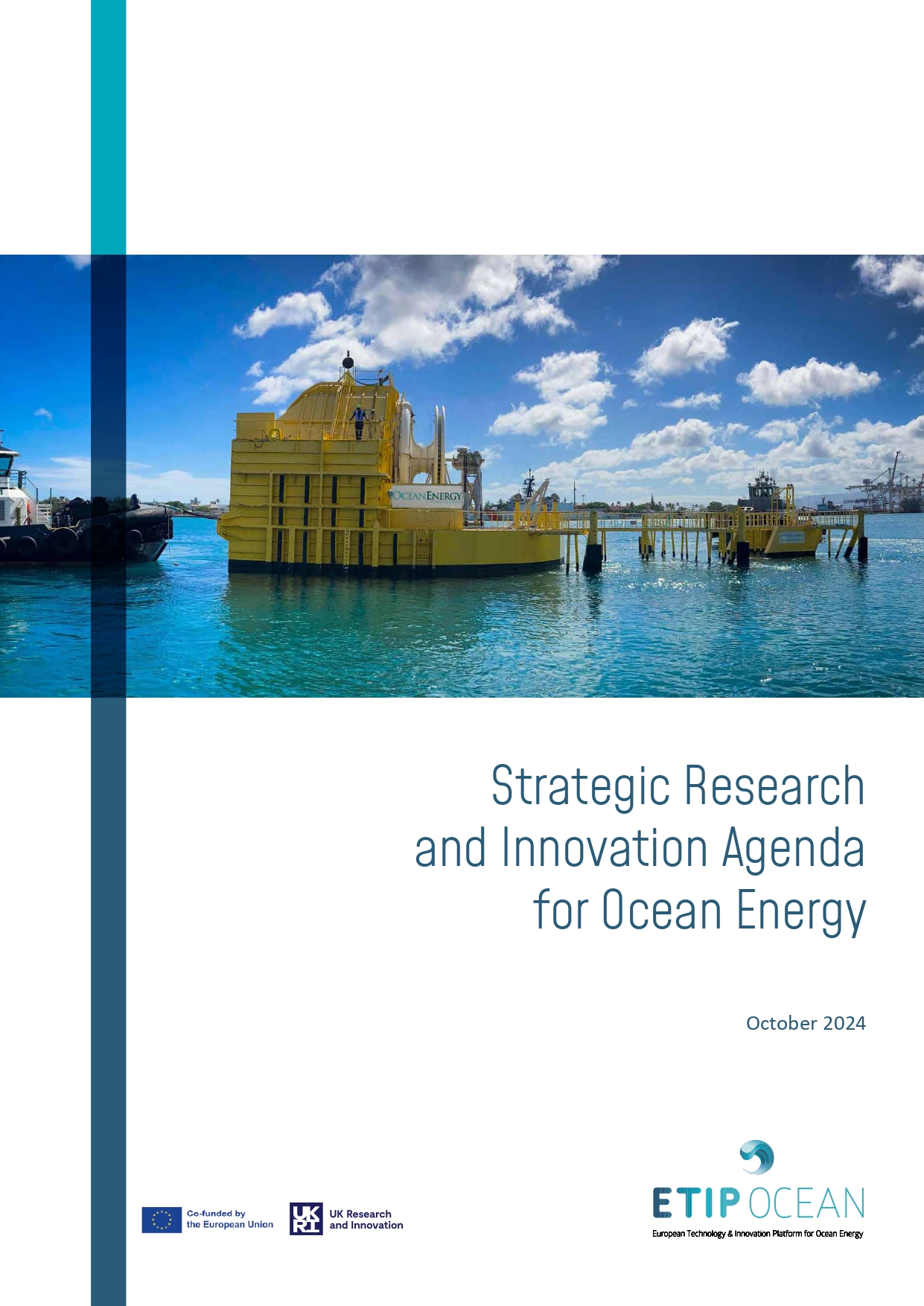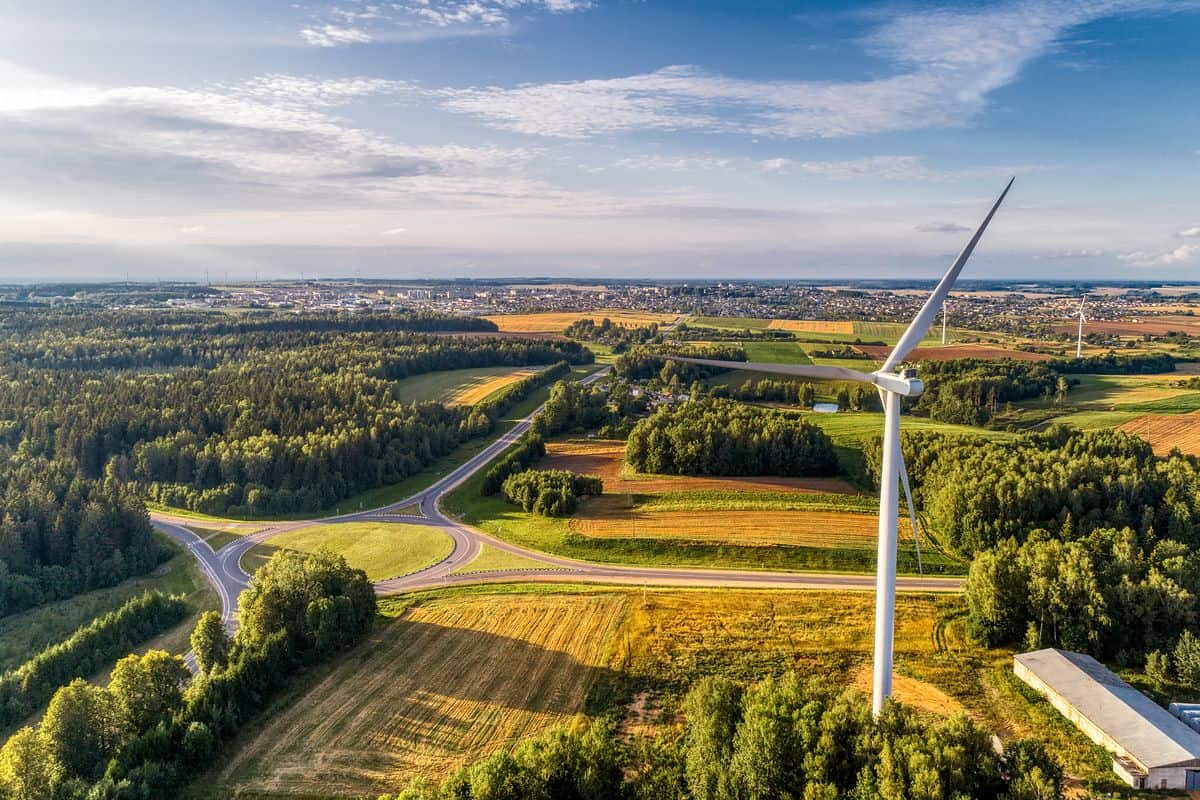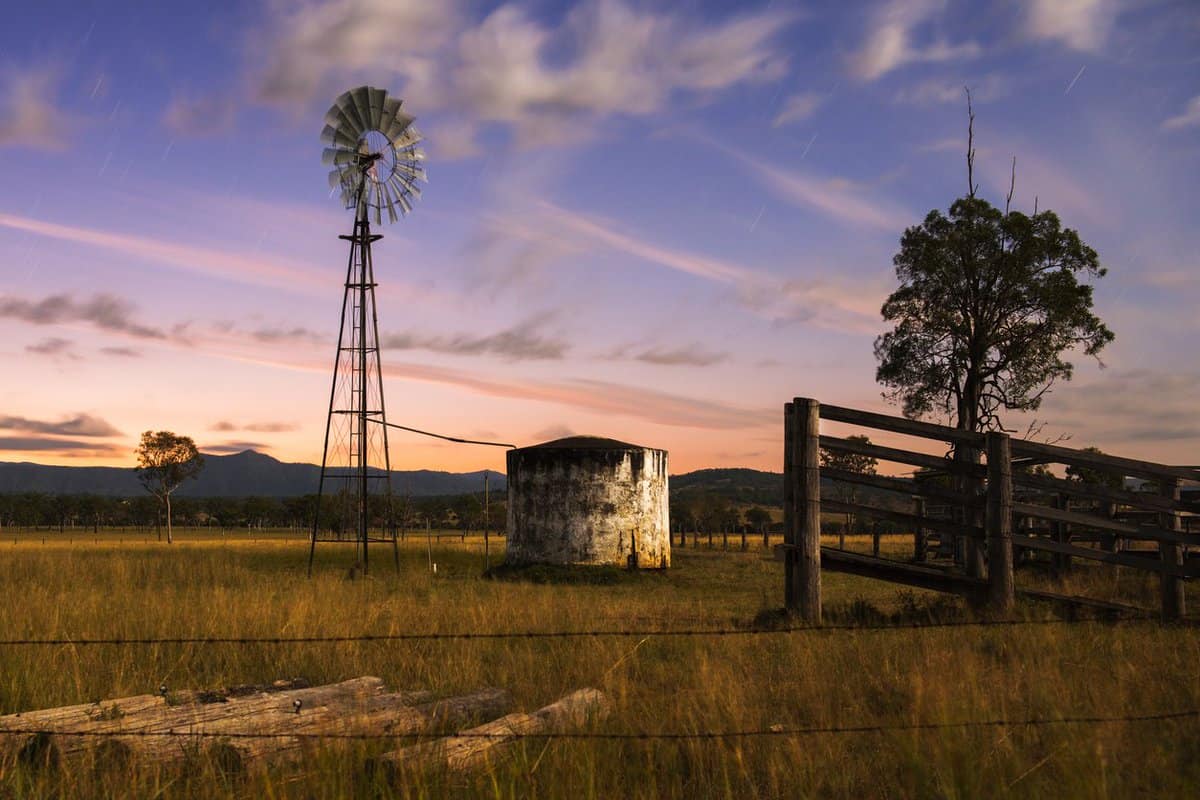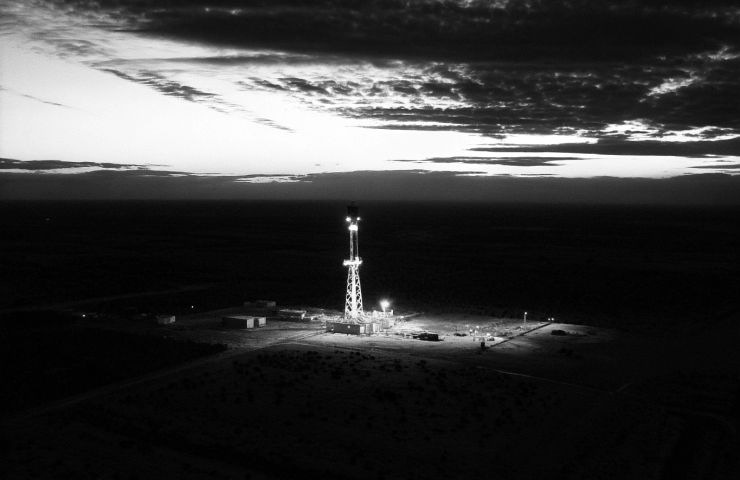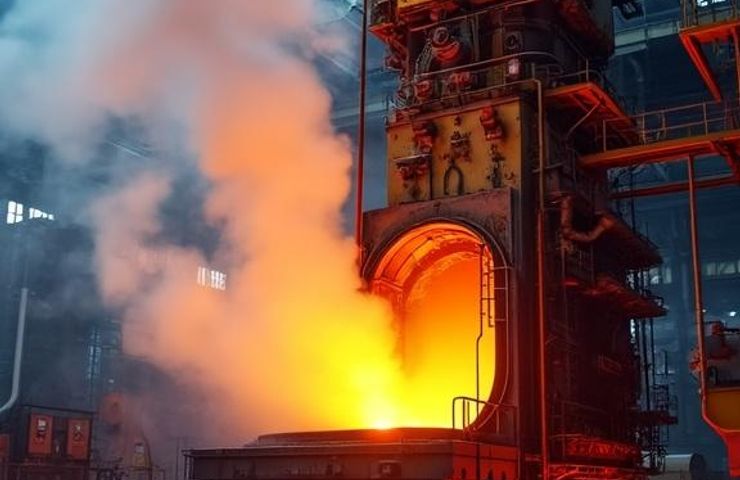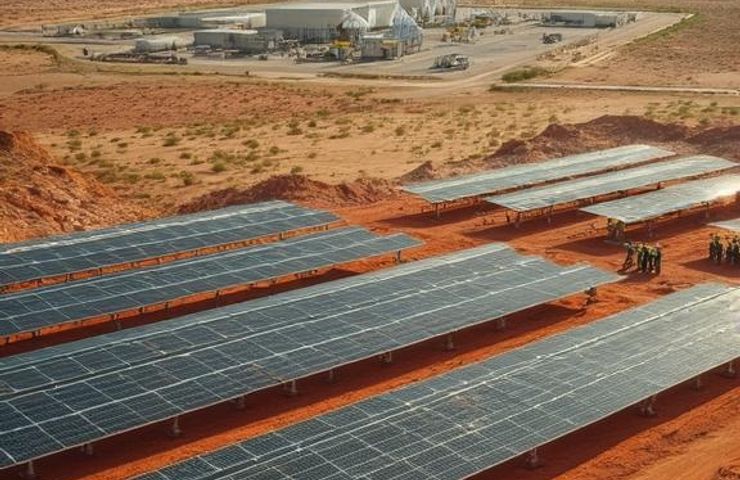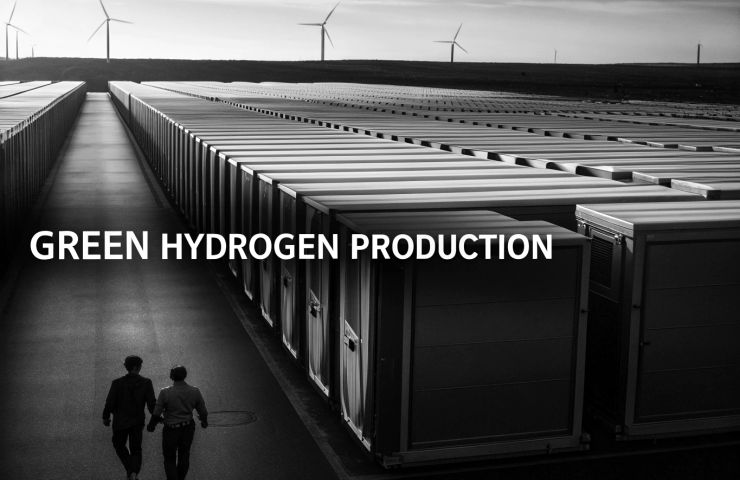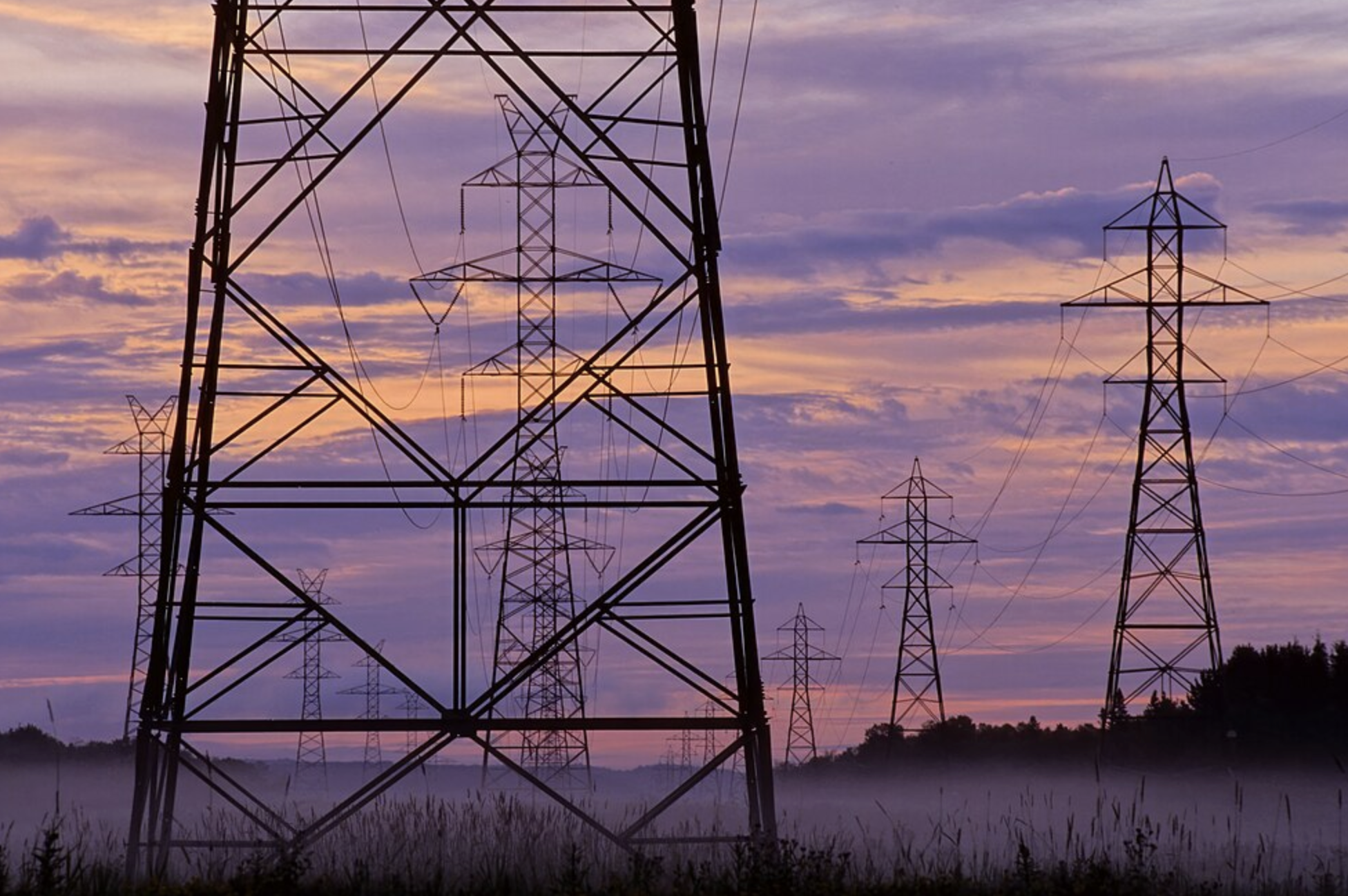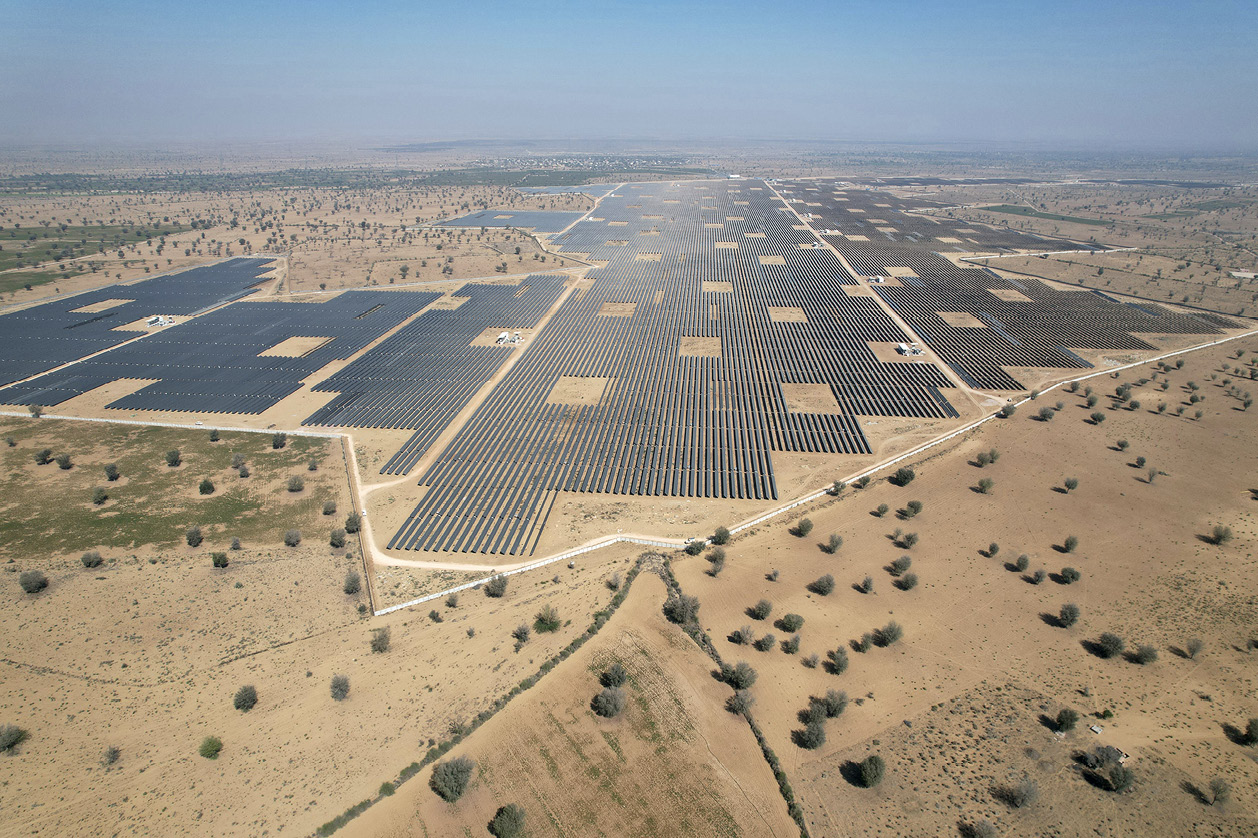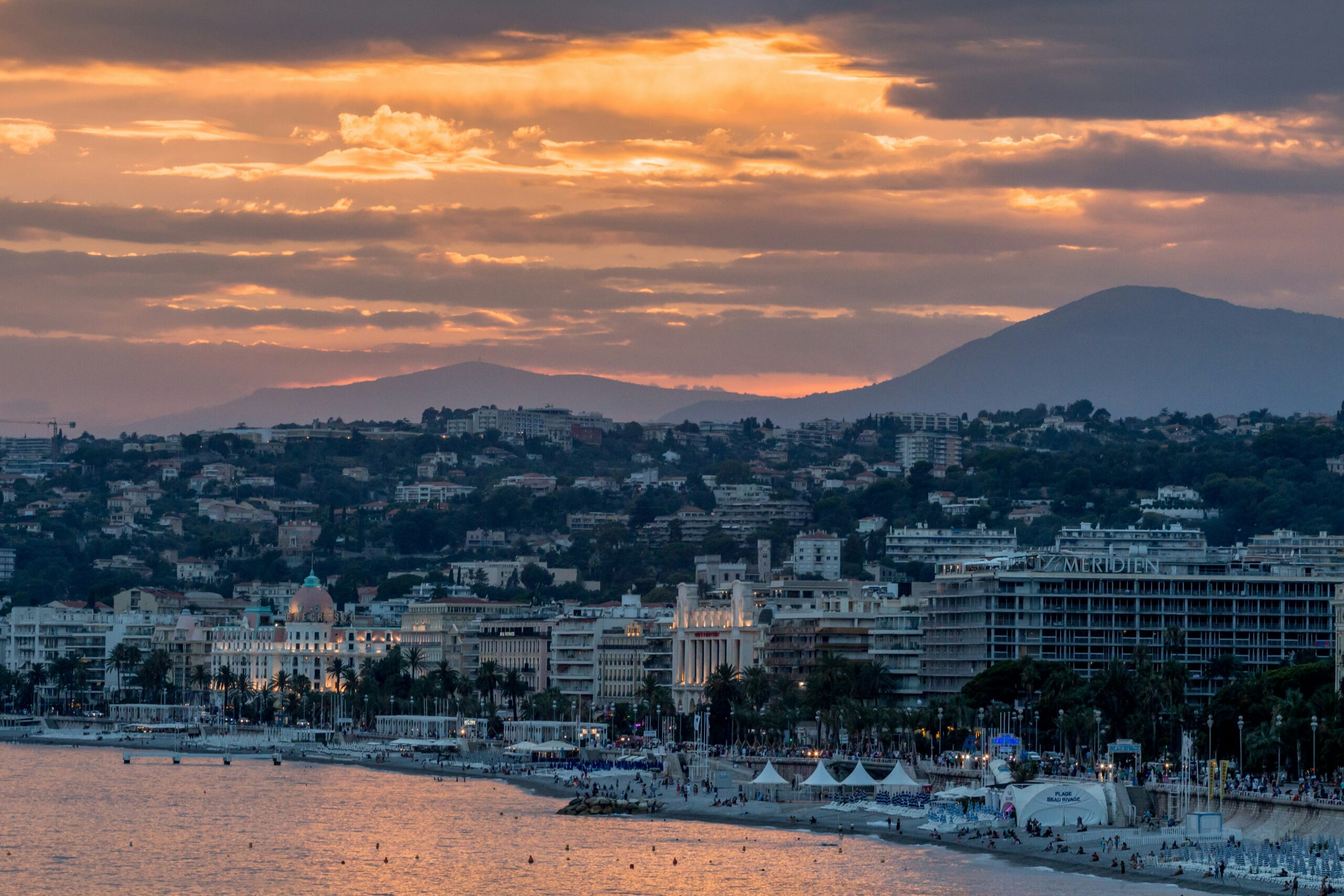Wasaline to operate first carbon-neutral Baltic Sea shipping route
Finland-headed NLC Ferry Ab Oy, operator of the Wasaline RoPax ferry service between Vaasa, Finland and Umeå, Sweden, has announced that it has signed a liquefied biomethane (bioLNG) offtake contract with compatriot gas and energy major Gasum Oy, and signed a Fuel EU Maritime pooling agreement with ferry operator Stena Line.

The cooperation between Wasaline, Stena Line, and Gasum enables the sole use of renewable fuels in the daily operation of Wasaline’s RoPax vessel Aurora Botnia, which sails the Umeå – Vaasa route, making it the first international green shipping corridor in operation, following support from the DNV-led Nordic Roadmap.
At DNV, we have been actively collaborating with partners, through the Nordic Roadmap, to launch Green Shipping Corridors, and we are very pleased to see the Vaasa – Umeå route, operated by Wasaline, recognized as the first international green shipping corridor in operation. This milestone directly supports the ambitions of both the Clydebank Declaration and the Ministerial Declaration on zero-emission shipping routes between the Nordic countries, said Vegar Rype, Segment Director RoRo and Ferries at DNV.
The Aurora Botnia transports passengers and freight daily across the Baltic Sea between the Port of Vaasa in Finland and the Port of Umeå in Sweden, one of the world’s northernmost shipping lines.
We are very delighted that Wasaline has chosen Gasum to deliver bioLNG for the daily operations of Aurora Botnia, and we are proud to facilitate this collaboration with Stena Line. Renewable natural gas (RNG) is one of the already available concrete solutions for reducing emissions in maritime transport. Our goal is to continuously increase RNG availability to our customers in the years ahead, said Jacob Granqvist, Vice President, Maritime at Gasum.
The hybrid vessel is already equipped with Wärtsilä dual-fuel engines, batteries, and an extension of the battery capacity of 10.4 MWh was announced earlier this year.
After the conversion in January 2026, with additional battery capacity provided by AYK Energy, Foreship, and Wärtsilä, Aurora Botnia will have the largest battery capacity on a RoPax vessel, with a total of 12.6 MWh.
We have attended many seminars where shipping companies are talking about the growing costs of the EU Emission Trading System (ETS) and focusing on how to get exceptions from the rules. We have instead focused on the opportunities. We have constantly worked with the possibilities to reduce our greenhouse gas (GHG) emissions and environmental footprint, and we have seen the coming rules as an opportunity for our traffic between Finland and Sweden, said Peter Ståhlberg, Managing Director of Wasaline.
As a result, Wasaline will become the first carbon-neutral shipping company in the Baltic Sea. Wasaline’s climate goal of becoming carbon neutral was originally set to 2030, but has now been achieved.
With this unique collaboration with Stena Line and Gasum, Wasaline can achieve carbon neutrality already now as a forerunner for the industry. This also means that all cargo and passengers travelling with Wasaline are sustainable with no additional extra charges for being carbon neutral, Peter Ståhlberg said.
This move to using only fossil-free fuel is made possible by Wasaline’s agreement to generate FuelEU Maritime compliance for Stena Line, one of Europe’s leading ferry companies.
Stena Line operates 40 vessels and 20 routes in Northern Europe and the Mediterranean Sea.
By integrating Aurora Botnia into Stena Line’s FuelEU Maritime pool, we gain access to biomethane previously unavailable for Stena Line, which enables further emission reductions for the entire pool, lowers fuel costs, and strengthens our strategic position as biofuels become increasingly scarce under more stringent regulations, said Niclas Mårtensson, CEO of Stena Line.
What's Your Reaction?







